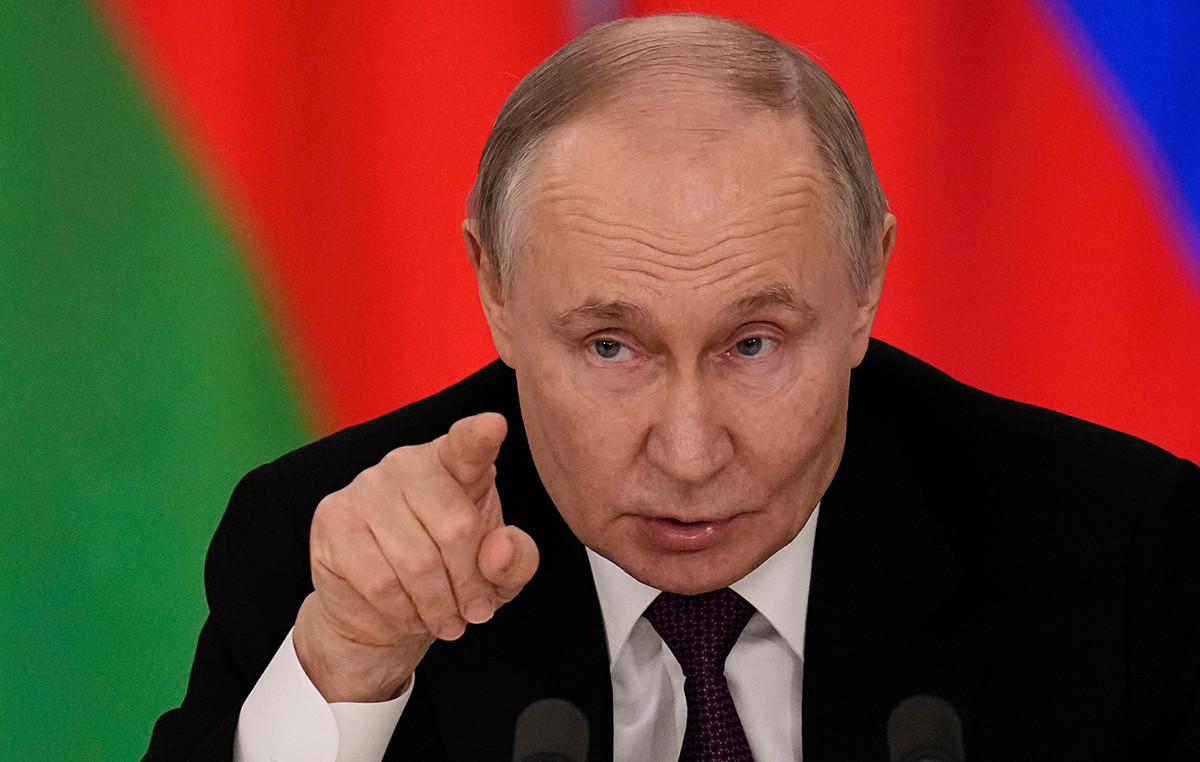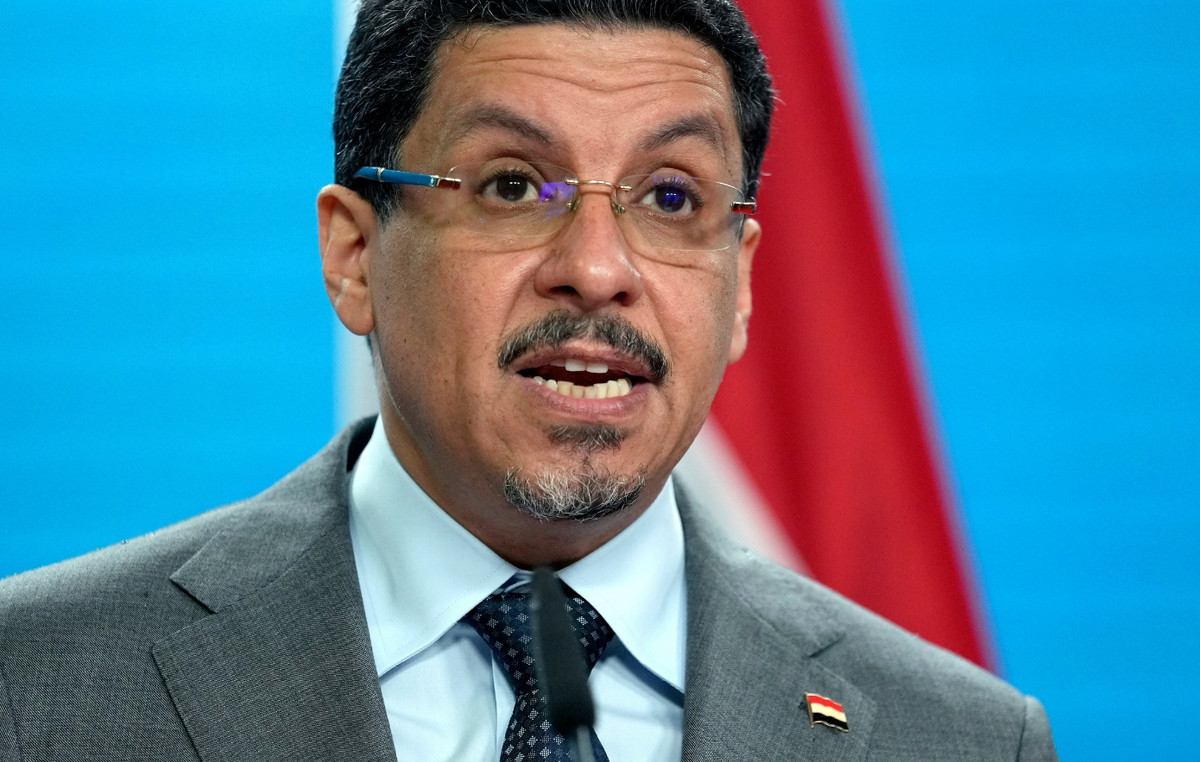The Federal Supreme Court (STF) resumed this Wednesday (6) the trial that could determine the decriminalization of drug possession for personal use. A CNN heard experts who explained what could change if the majority of ministers vote to decriminalize the possession or possession of drugs.
The trial, which began in 2015, has dragged on over the years due to requests for analysis made by ministers, in relation to an appeal presented by the Public Defender's Office of the State of São Paulo, in defense of a man convicted in 2010, after being caught with three grams of marijuana.
The appeal in question has general repercussion, which means that the decision will establish a thesis that will serve as a parameter for all cases in court nationwide. At this moment, the vote is 5×1 in favor of some type of relaxation on drug possession.
For lawyer Rodolfo Prado, a specialist in constitutional law, the STF's decision on the decriminalization of possession of drugs for personal use, especially marijuana, could transform the Brazilian scenario, with regard to recreational and medicinal use.
“In addition to representing progress in social and anthropological terms, it would bring significant economic benefits, marking an important evolution in the way Brazil deals with drug issues, focusing both on reducing stigma and taking advantage of potential financial opportunities”, he explains.
Lawyer Dinovan Dumas, partner at MFBD Advogados, also pointed out the need to parameterize laws applied in the justice system and that the expectation is that the case analyzed in the Court will resolve this gap.
“What there is today is a total lack of legal security, with it being up to the police to decide whether the individual who is caught with a marijuana cigarette, for example, is a drug dealer or not,” he pondered.
Human rights lawyer Talitha Camargo da Fonseca considers that decriminalizing drugs in Brazil could serve as an incentive for public policies in the area of health and talks about substances that harm health that are legalized.
“It is difficult to imagine that there is not a political and financial game for this, after all, alcohol and cigarettes are drugs as perverse as those that are considered illicit today. For a good observer who visits, for example, through research, or out of curiosity, Cracolândia in São Paulo, he will observe that it is not just crack, but a great history of open-air drugs, and that the main drug consumed there, and that leaves people as weakened as any other, like crack and alcohol”, he says.
Jurist Daniel Bialski, master in Criminal Procedural Law and partner at Bialski Advogados Associados, presents another point of the thesis that will be presented, in the case of decriminalization, which will be the definition and distinction between users and traffickers.
“What the Court will analyze in the plenary session had already been adopted in several judgments and decisions regarding the correct interpretation that should be given. That is, distinguishing what can be considered as use and trafficking. In fact, the understanding that prevails will serve to guide ordinary instances and prevent, as unfortunately often happens, users and dependents (who need treatment and not prison) from being unduly subjected to prison”, he concludes.
Source: CNN Brasil
I’m James Harper, a highly experienced and accomplished news writer for World Stock Market. I have been writing in the Politics section of the website for over five years, providing readers with up-to-date and insightful information about current events in politics. My work is widely read and respected by many industry professionals as well as laymen.







